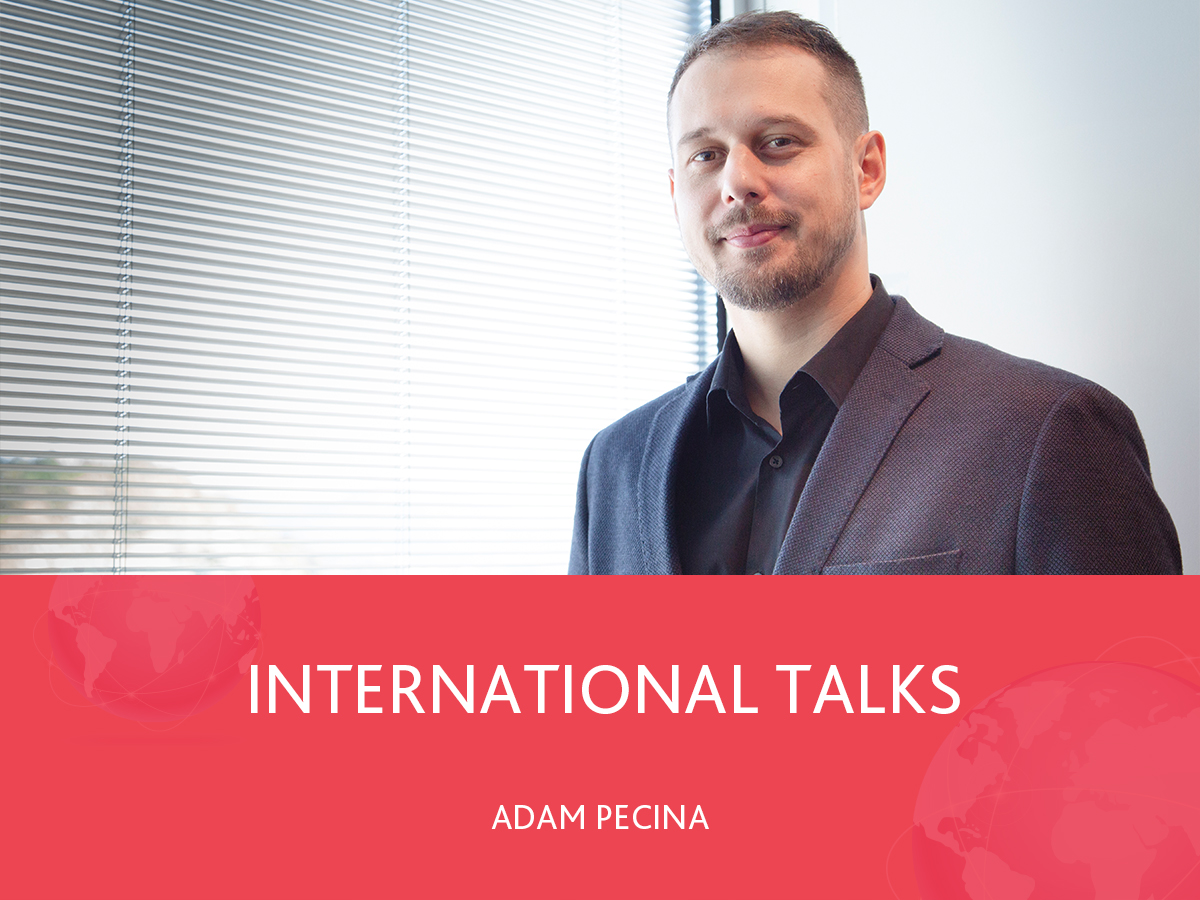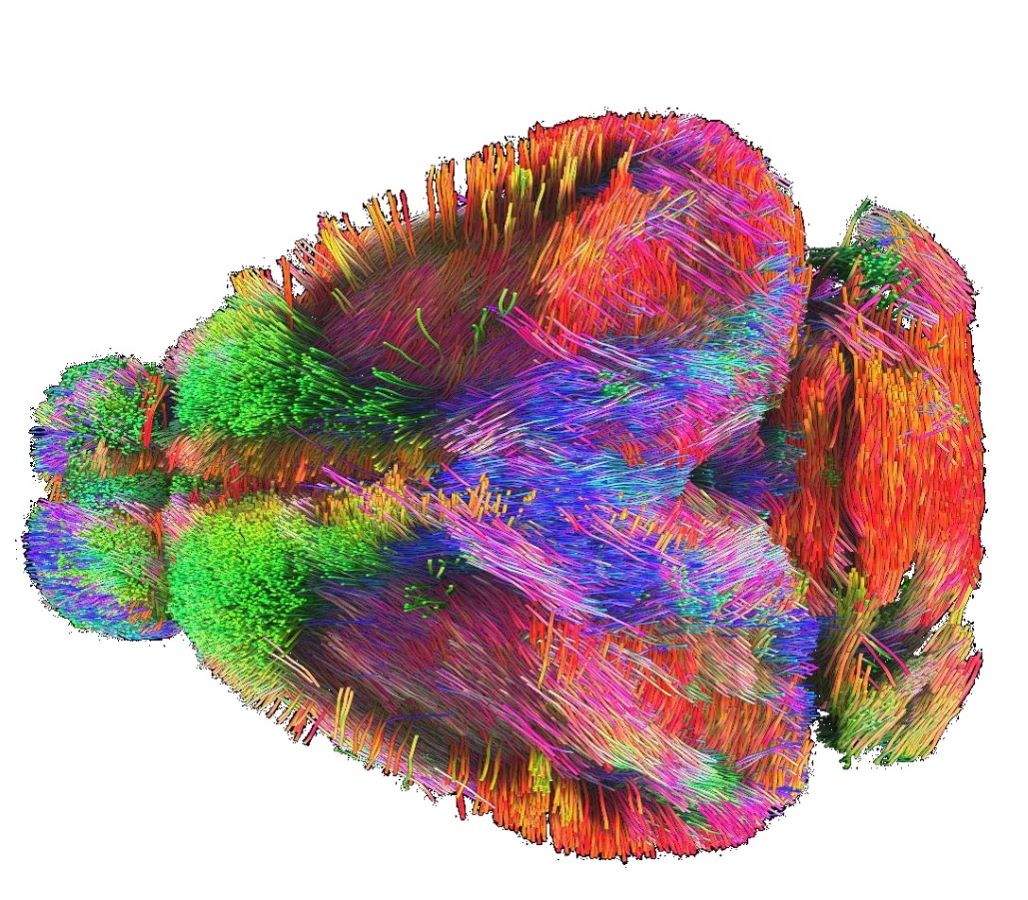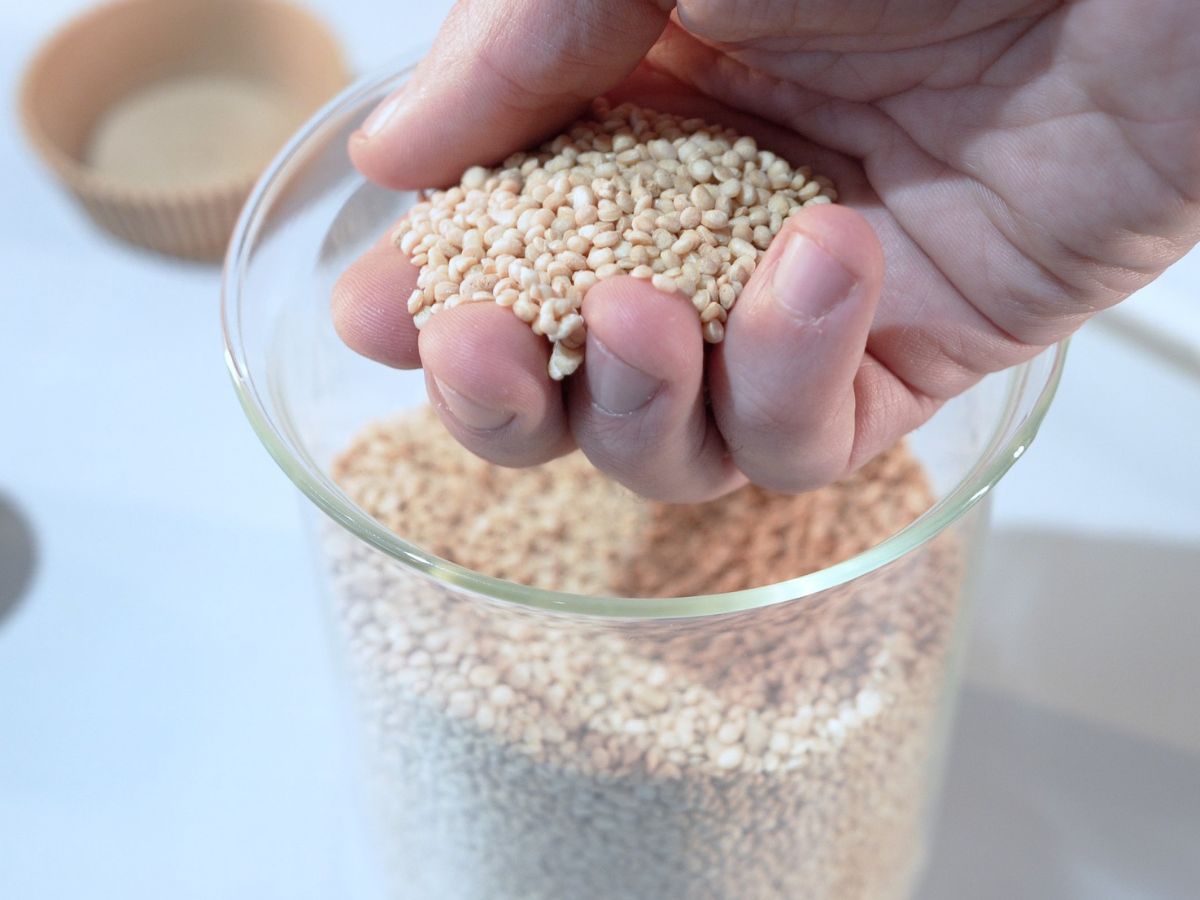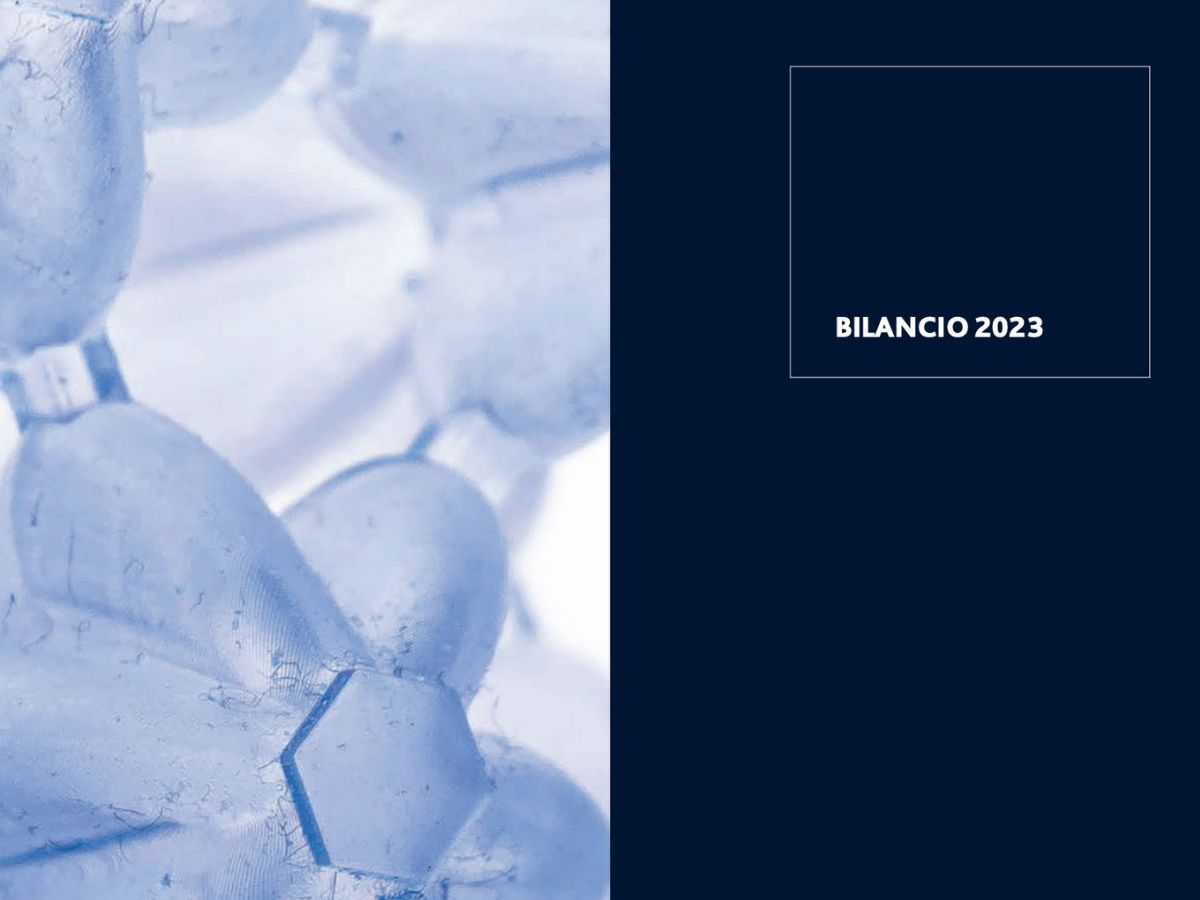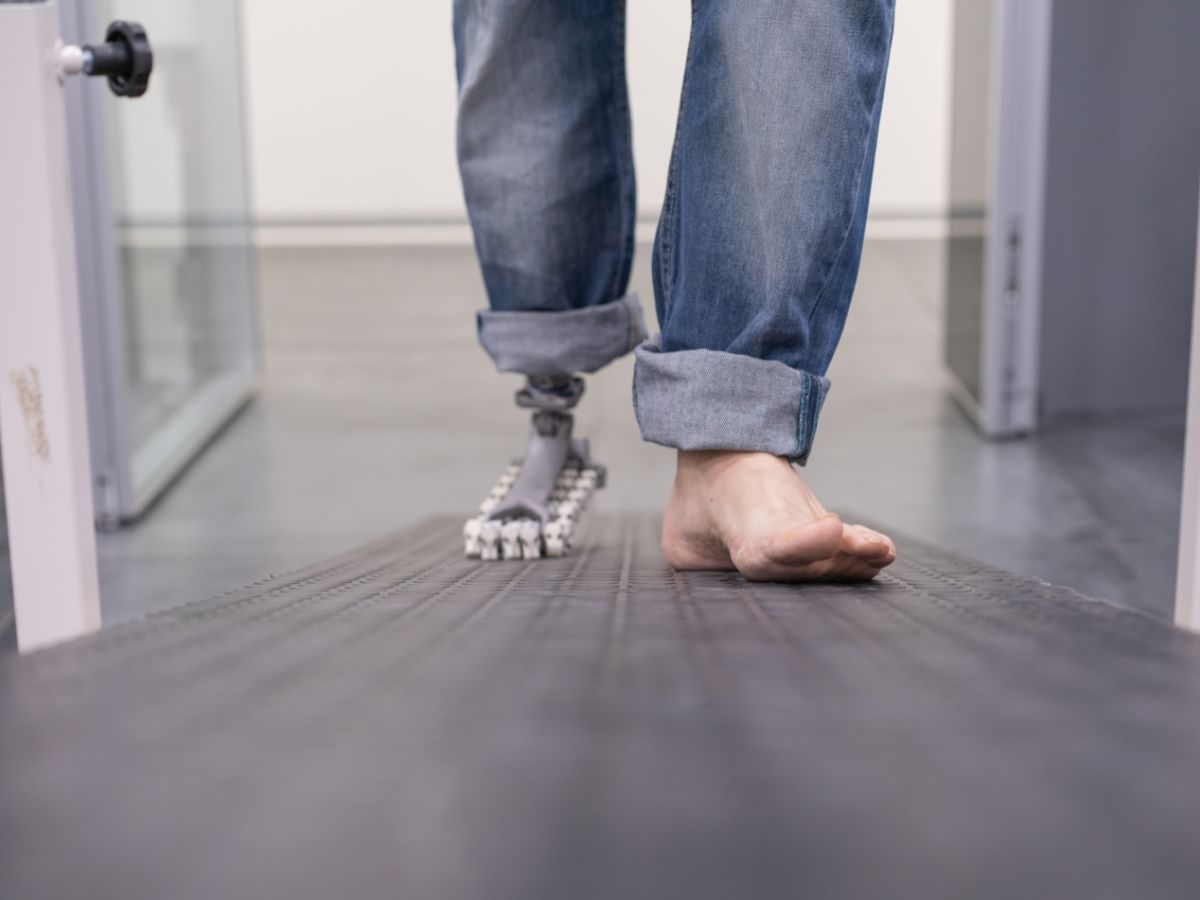Nanozymes and multi-scale simulations for designing new drugs
December 2017 was a typical winter in the Czech Republic, temperatures slightly below zero and land covered by snow. I was enjoying the traditional Christmas family gathering, but felt also some kind of nervousness. Big changes were coming!
Until that time, I successfully got my PhD degree from the Charles University in Prague and I was working at the leading research institution as a postdoctoral researcher developing and applying computational methods for drug discovery. Being a postdoc however meant for me also the unique opportunity to train myself to acquire completely new set of skills, to expand my network and to broaden my expertise. To achieve these goals and to grow into an independent researcher, I have decided to leave my comfort zone, to risk some pain and to gain new experiences from abroad. I have defined my short and long-term career goals as well as some gaps in training which I would like to fill during my next stay and I started to look for the best mentor, place and new project. The announced postdoc position at the IIT in the Molecular Modeling and Drug Discovery research line, led by Dr. De Vivo was the perfect match.
My new research topic conducted at IIT represents a big leap and challenge for myself, jumping from well known in silicodrug design to unexplored waters of nanomaterials while learning new state-of-art techniques. The project is focused on nanomaterial-based artificial enzymes called nanozymes, which have been shown to be highly stable and low-cost alternatives to natural enzymes cleaving DNA/RNA molecules. We are particularly applying multi-scale simulations flanked by experiments that will allow us to dissect how these systems operate at the atomic level. Our goal is to achieve better understanding of nanoparticle-mediated catalysis with potentially revolutionary applications for human health (e.g. gene therapy) and technology. The importance of our project has been recognized recently also by the European Commission and we have been awarded by the Marie Skłodowska-Curie (MSCA) individual fellowship under the EU’s Horizon 2020 research and innovation programme. I strongly believe that the prestige of the MSCA grant together with the ideal international and interdisciplinary environment of IIT will lead to the project’s successful completion and will allow me to get an extensive training and to expand my global scientific network. Becoming a MSCA fellow comes also with the responsibility to learn faster, work even more efficiently and communicate the outcomes clearly to keep positive perception of science nowadays. IIT supports me from the very beginning since the relocation phase and continuously provides various training such as Italian language courses or High-tech Entrepreneurship workshop. The institute helped us also in the co-organisation of the international CECAM-node scientific workshop on nanoparticles at the beginning of the project.
Nothing of these would have been possible without the support of my dearest. Fortunately, both IIT and MSCA excellently support the work-life balance, so it was possible to relocate my whole family here. We came to “il Belpaese” in January 2018 and were nicely surprised by a typical “winter” in Genova, with temperatures reaching 15 degrees during the day, streets overflowed by scooters and the sea full of yachts and big ferries. On the other hand, not knowing the language made everyday little things almost impossible for us, so imagine our first bureaucratic marathon in Italy. It took 4-5 months to fully immerse into the system. Since then, we are adapting fast, my wife is studying Italian, my son just started Asilo Nido and I love my new daily routine: enjoying “Zena”’s landscape from Sopraelevata, admiring bartender’s symphony while serving 5 different types of coffee to 20 people standing along the bar, eating freshly baked focaccia and reveling in small talks about “vino, cibo, calcio”. Certainly, we miss our country, friends and family, but we do love Italy. Thanks to the company and support of our new friends, we actually feel like being home. Grazie!
Adam Pecina is a Researcher (Marie Curie fellow) at the Molecular Modeling and Drug Discovery Research Line at IIT’s Center for Human Technology in Genova. This project has received funding from the European Union’s Horizon 2020 research and innovation programme under the Marie Skłodowska-Curie grant agreement No 843117

